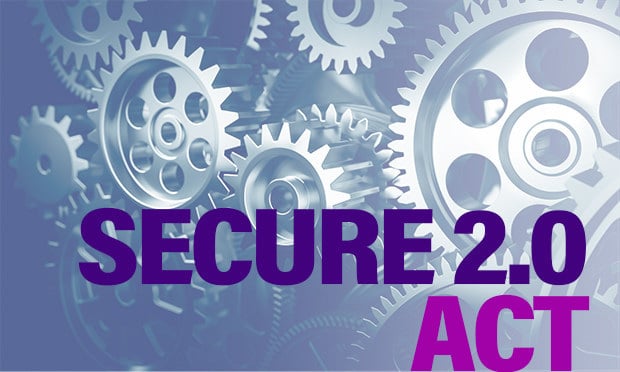About The Author
CONNECT WITH THIS AUTHOR
June 12, 2023
June 08, 2023
June 06, 2023
June 05, 2023
June 02, 2023
May 31, 2023
May 30, 2023
May 26, 2023
May 18, 2023
April 26, 2023
Trending Stories
- 1Best Practices: Maximizing the Impact of Condition Management Vendors
- 2Nearly two-thirds of employers plan to reallocate benefits spending amid rising costs
- 3Senate Finance tax bill section draft leaves out House HSA and HRA provisions
- 4Former NVIDIA fraud prevention manager accused of defrauding the chipmaker's health plan
- 55 top states where people have arthritis










